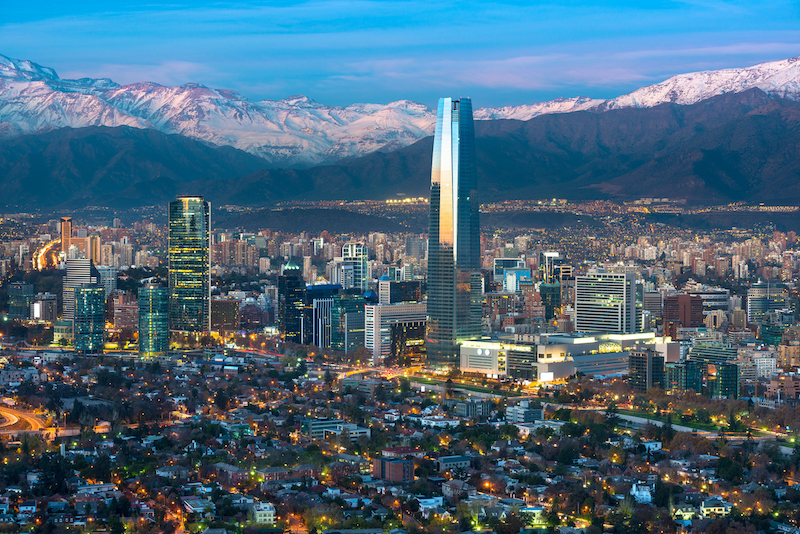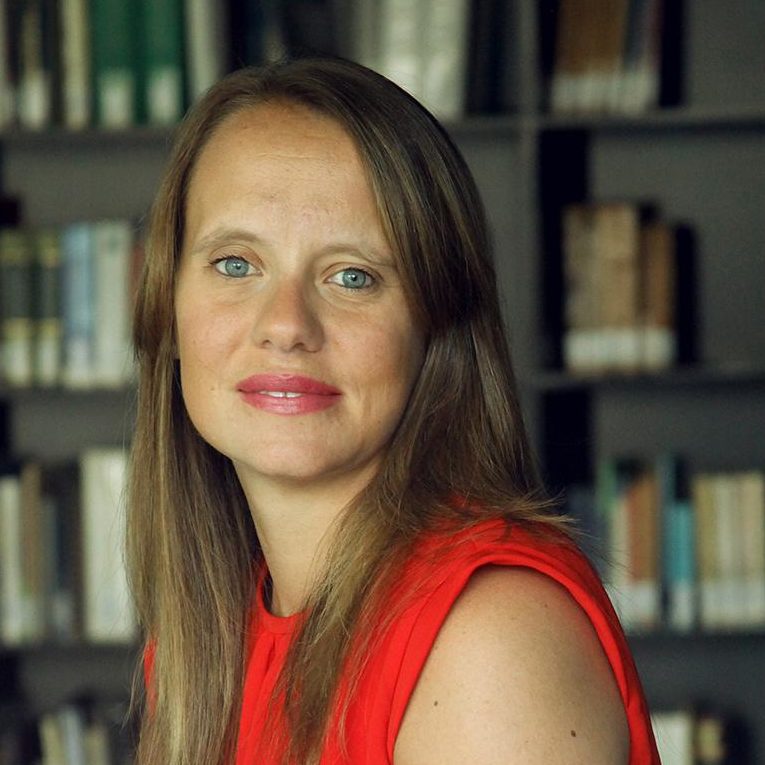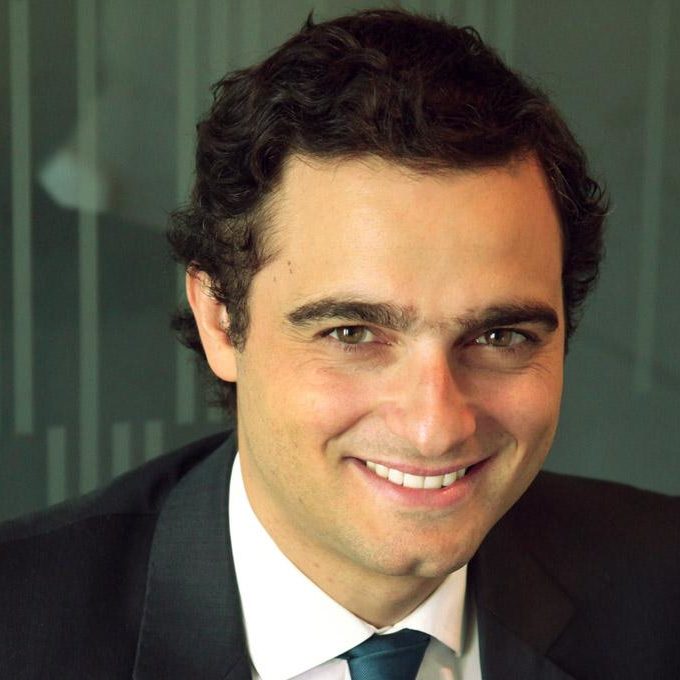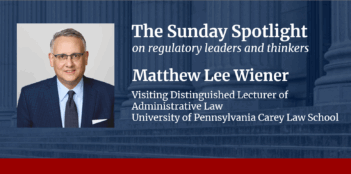
Expanded executive power presents challenges to plans for constitutional and political reform.
Chile confirmed its first case of COVID-19 on March 3, becoming the fourth country in South America to confirm the presence of the virus in its borders. By June, Chilean health officials had confirmed over 200,000 positive coronavirus cases.
The pandemic attacked Chile under particularly complex circumstances. Since 2019, Chile has been confronting unprecedented social, economic, and cultural conflict. Widespread discontent and popular demand for reforms has driven the conflict. Massive protests over economic inequality led the government to order a state of emergency and implement a mandatory curfew. This unrest amid COVID-19 also led to the suspension of planned international events such as the Asia-Pacific Cooperation meeting and the United Nations Climate Change Conference. Virtually all institutions—including government and other state authorities, public security and armed forces, and trade unions—have been severely scrutinized and publicly accused of fostering inequality.
Fortunately, politicians reached a historic political agreement last November, which would have allowed for a vote on April 26 for Chileans to decide democratically whether they want a new constitution and, if so, which constituent body would be in charge of drafting it. This vote, along with various discussions on institutional design and Chile’s social model, was postponed until October 2020 due to the pandemic.
The health crisis has broken through and forced the state to take radical action to contain and manage the emergency. In this context, Chile has witnessed the strengthening of the public apparatus and the intensive restriction of constitutional rights, mainly through administrative decisions for public health purposes.
In fact, on March 18, President Sebastián Piñera described the spread of the virus as a public calamity severely affecting the normal development of state institutions. He then officially declared, in accordance with legal and constitutional provisions, a constitutional state of emergency for 90 days throughout the Chilean territory, which has been extended 90 more days.
This state of emergency extends the powers of political and administrative authority to restrict, limit, or suspend individual or social rights of individuals in an attempt to recover institutional normalcy in the shortest possible time. The specific powers that the President could exercise in this context are established in the Chilean Constitution itself and the state of emergency law. These laws relate to the restriction of freedoms of movement and assembly, the requisition of property, the establishment of limitations on the exercise of property rights, and the adoption of extraordinary administrative measures necessary to restore normalcy.
In addition, the Ministry of Health decreed, in accordance with the Health Code, a health alert for the period of one year, granting greater powers to the authorities of the health sector in an attempt to centralize the measures implemented during the crisis. Isolation or quarantine measures have been put in place in certain locations. Measures have also included health blockades around certain areas, which prohibit the entry and exit of people, as well as the implementation of sanitary customs.
Undersecretaries of public health and health care networks were also granted extraordinary privileges, such as determining maximum prices for certain pharmaceutical, medical or health products, elements or services and limiting the amounts of goods and services to be sold and delivered to each person.
Furthermore, the Ministry of Interior and Public Security has declared a state of catastrophe for the whole country for a period of 12 months due to the spread of COVID-19. The essential elements of that declaration include: the simplification of administrative procedures; the provision of direct benefits to those affected; market control and sanction measures; and the authorization to public entities to receive donations. This declaration is in addition to the measures already put into effect by the same ministry concerning the temporary closure of places from entry and exit by foreigners.
Finally, under an Economic Emergency Plan for Coronavirus, the Ministry of Finance authorized the so-called “2-percent constitutional plan” to cover the necessary expenses arising from the pandemic. This plan is a set of resources available to the President and his cabinet to meet immediate needs arising from public calamities, the total of which may not exceed 2 percent of the amount of expenditure authorized by law for the annual budget ($1.4 billion currently).
The legitimate exercise of these powers has been recognized by Chile’s higher courts of justice, resolving a multiplicity of constitutional protective actions—or writs of amparo. So far, the Supreme Court has invariably held that the executive branch is responsible for the implementation of public health policy—even more so during a state of emergency—as well as the determination of a policy’s merit, opportunity, convenience, and effectiveness.
It is ironic that, until a few months ago, in the middle of the institutional crisis over economic inequality, Chileans were debating the possibility of stripping the Piñera Administration of certain powers, including a proposal by some activists to reinstate parliamentarism abandoned a century ago. Some observers have argued that the current health crisis has led Chile to an extreme exercise in presidentialism, giving the central government exponential—and relatively uncontrolled—powers to deal with this calamity.
Although the pandemic will eventually cease—and the constituent process and its institutional reform will once again be the focus of the debate—the scope and justification of the legal tools adopted by the Piñera Administration during COVID-19 will feature prominently in the future referendum and in any other constituent process, particularly in light of the distribution of powers in the Chilean political system.
This essay is part of an ongoing series, entitled Comparing Nations’ Responses to COVID-19.





